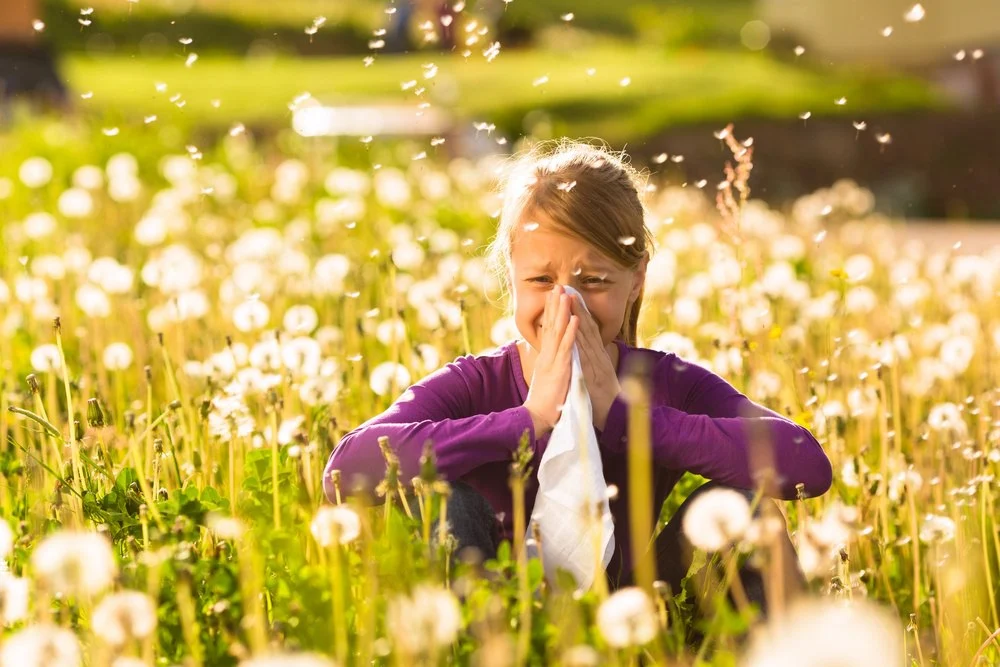Does Herbal Tea Have Caffeine? A Complete Guide to Caffeine-Free Tea
Herbal teas, also known as tisanes, are widely consumed for their diverse flavors and potential health benefits. A common question arises: Does herbal tea contain caffeine? Understanding the caffeine content in herbal teas is essential for individuals sensitive to stimulants or seeking to reduce their caffeine intake.
Understanding Herbal Teas
Unlike traditional teas derived from the Camellia sinensis plant (e.g., black, green, oolong), herbal teas are infusions made from various plant materials such as leaves, flowers, seeds, or roots. These infusions are typically caffeine-free, making them suitable for consumption at any time of day, including evenings.
Caffeine Content in Herbal Teas
Most herbal teas are naturally devoid of caffeine. This absence is due to the fact that caffeine is primarily found in the Camellia sinensis plant. Therefore, herbal infusions like chamomile, peppermint, and rooibos do not contain caffeine and are ideal for those avoiding stimulants.
Exceptions: Herbal Teas Containing Caffeine
While the majority of herbal teas are caffeine-free, certain exceptions exist:
- Yerba Mate (Ilex paraguariensis): A traditional South American beverage, yerba mate naturally contains caffeine and is known for its stimulating effects. An 8-ounce serving can contain up to 80 mg of caffeine, depending on preparation methods.
- Guayusa (Ilex guayusa): Sourced from the Amazon rainforest, guayusa also contains caffeine and is traditionally consumed for its energizing properties. An 8-ounce serving may contain approximately 100 mg of caffeine.
It's important to note that these caffeinated herbal teas are exceptions and not the norm among herbal infusions.
Decaffeinated vs. Naturally Caffeine-Free
Decaffeinated teas are traditional teas that have undergone a process to remove most of their caffeine content. However, they may still contain trace amounts of caffeine. In contrast, herbal teas are naturally caffeine-free, as they do not originate from the Camellia sinensis plant.
Health Benefits of Herbal Teas
Herbal teas offer a range of health benefits, including:
- Chamomile: Known for its calming effects and potential to aid sleep.
- Peppermint: May help with digestive issues and provide a refreshing flavor.
- Rooibos: Rich in antioxidants and may support heart health.
- Ginger: Often used to alleviate nausea and support digestion.
- Lemon Balm: May have calming effects and support cognitive function.
Recommended Caffeine-Free Herbal Teas
For those seeking caffeine-free options, consider the following herbal teas available at NaturesHealthBox:
- Pukka Herbs Night Time Organic Herbal Tea: A soothing blend designed to promote restful sleep.
- Clipper Organic Calmer Chameleon Infusion: A calming infusion perfect for unwinding.
- Tea Pigs Peppermint Leaf Tea Temples: A refreshing peppermint tea known for its digestive benefits.
Conclusion
In summary, herbal teas are predominantly caffeine-free, offering a wide range of flavors and health benefits without the stimulating effects of caffeine. Exceptions like yerba mate and guayusa do exist but are relatively uncommon. For individuals aiming to reduce or eliminate caffeine from their diet, herbal teas present an excellent alternative.
Explore our extensive collection of herbal teas to find the perfect blend for your needs.









